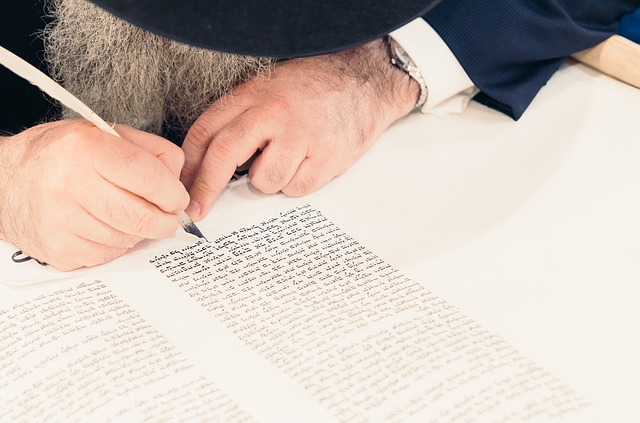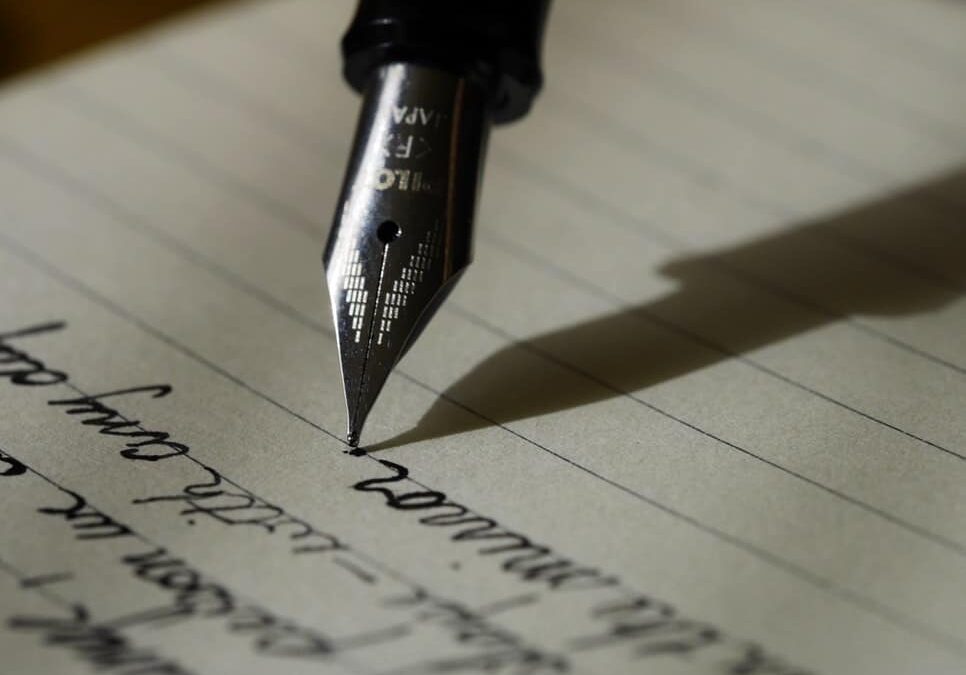Every bookstore has an entire section dedicated to self-help and self-improvement books.
Standing in front of them can feel overwhelming.
In fact, you might already be in a constant state of self-improving, whether it’s hopping on the treadmill for thirty minutes, reading a book every couple of weeks or cutting out processed foods.
There’s always something to improve.
One thing that doesn’t get brought up a lot is penmanship.
For most of us, you learn to write in elementary school and your penmanship training ends there.
Even if you have chicken-scratch handwriting, is it worth taking time out of your busy schedule to improve?
Here’s everything you need to know about penmanship and how it can affect it your life.
You may be surprised.
What are the Benefits of Improving Your Penmanship?
One of the most obvious reasons to improve your handwriting is public perception. Even though writing letters isn’t as prevalent in this age of digital communication, you will find yourself occasionally having to write pen-to-paper. When you do, even the most reputable person will lose a few respect points if he or she has the handwriting of an eight-year-old.
This public perception is most important in the work place, where impressive penmanship can work wonders in impressing the higher-ups. Because writing a letter isn’t as much of a part of our society as it used to be, writing a letter to someone has a bigger impact than ever. If you take the time to write and send a letter to a boss, family member or love interest, you’re bound to impress, especially when you have impressive penmanship.
Consciously or subconsciously, other people are likely to connect your handwriting with the ideas behind the handwriting. You could send your boss the most ingenious idea to save the money company, but if he or she looks down at a bunch of scribbles, the idea might lose some of its luster. In many ways, your handwriting is your first impression, and that first impression is precious.
Aside from aesthetics, penmanship can actually make you smarter. Studies find that writing things down on paper, as opposed to typing them, requires a heavier dose of “mental lifting.” This is partly due to the fact that writing is a slower process than typing and, therefore, requires more consideration. People are also found to remember facts with greater ease if they have written them down, as opposed to typing them or audibly recording them.
While penmanship might not be as necessary a skill as it used to be, it’s still a useful supplementary skill to add to your arsenal of impressive tricks. Penmanship belongs in the same category as whittling, playing the harmonica or pulling a quarter out of someone’s ear.
You can live without it, but it will certainly add something to the remarkable mystery that is you.
How Do You Improve Your Penmanship?
You’ve weighed the pros and cons of improving your penmanship, and you’ve decided to go through with it. But how do you actually go about it? Reentering kindergarten isn’t an option, after all.
Here are some techniques that will help you in your journey for penmanship perfection.
1. Writing Stance
2. Big Letters are Key
3. Don’t Write Too Fast
4. Practice All the Time
5. Make Practice Interesting
Should You Write in Print or Cursive?

Another side effect of the digital age is that everything on the computer is written out in print. Because of this, the art of writing in cursive has diminished in popularity. In your ongoing quest to develop a more refined writing hand, which style should you train in? Does it matter?
Again, because print is more prevalent in modern society, it’s probably the most practical choice. Not only will other people be surprised by the cursive writing, but they might also find it harder to read, having not been exposed to it on any regular basis.
But if you’re interested in developing better penmanship in the first place, you might not be totally concerned with the perception of others. In fact, writing in cursive might better fit your old-school mission to develop a forgotten skill. After all, it does look fancier than print, and if you’re in the business of writing poetry or love letters, it would be sacrilegious to write them out in print, no matter how good your handwriting is.
On purely a practical level, cursive is a much more fluid style, so it allows for faster writing. In fact, this is why the style was invented in the first place. At certain times in history, it was also indicative of a higher social status.

Improving Your Penmanship is a Worthy Endeavor
No matter how seemingly useless, improving yourself on any level is time well spent.
Even if it’s something as out of date as penmanship, there are lessons to be learned on the road to developing a skill. In addition to the skill itself, you develop discipline, fortitude and an appreciation for those who have obtained expertise in an area.
Bettering your penmanship has many advantages of its own, however. People will think more highly of you if you have a graceful writing style, and it will, in turn, frame whatever your writing in a more positive light.
And in this digital age, where the written word is passed around so freely, with little consideration, sitting down and writing a letter will exhibit to the recipient of the letter that you put an inordinate amount of thought into the message.
It will show them you care on a level that an email can’t.
While it might not be an essential skill, developing fine penmanship is certainly an admirable skill.



